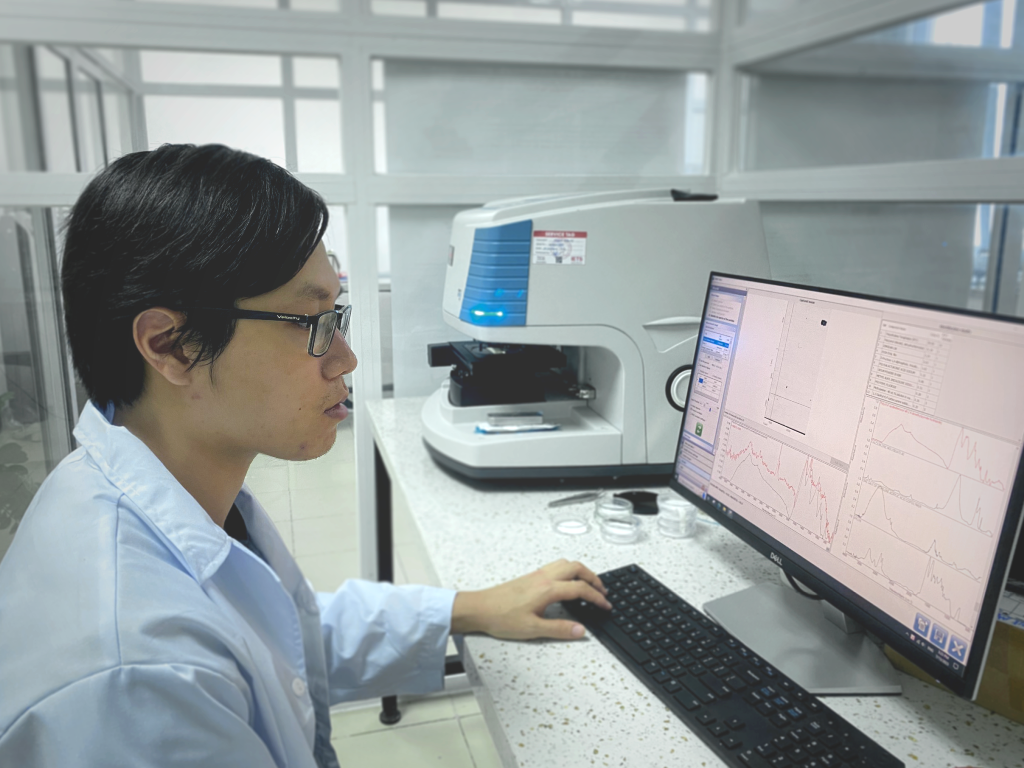Biological Institute master’s student Tran Nghia is now an intern at the Institute of Environmental Technology of the Vietnamese Academy of Sciences. He’s researching microplastics pollution in waters with and will be using the study findings for his final paper. On top of that, the Tomsk State University student is promoting Aeroprobe technology developed by TSU biologists for cleaning oil spills.
“At TSU, I’m doing a Master's degree in Environmental Protection and Management. My research interest is the pollution of water bodies with microplastics”, says Tran Nghia. “Biological Institute scientists look at various ecosystems, such as waters, bottom sediments, soils, and wildlife. Students, too, can take part in these projects. What made this internship possible is the experience I’ve obtained at TSU and TSU’s close relations with Vietnam’s research institutions.”

The early-career researcher is working in one of the Institute’s labs, where he studies water and sediment samples collected from seas and rivers in the north and south of Vietnam. The findings will be of value not only to the Institute but also to the student himself as they will be the foundation of his final paper centered around microplastic pollution of Vietnam’s internal waters.
“Along with that, I’m also promoting Aeroprobe technology, which TSU developed for cleaning bottom sediments from oil and is successfully used in Russia’s oil regions,” he says. “The university is planning to employ the technology in Vietnam. I participated in meetings with the management of the Institute of Environmental Technology. The Institute's director finds it [the technology] very promising. It’s a big project and, if it comes to fruition, it’ll become an important step in furthering relations between Vietnam and Russia in the area of environmental protection.”
Of note, TSU’s International Division has bridged fruitful cooperation between the university and Vietnamese universities and schools. The partnership covers a variety of areas, including teaching Russian, which is actively evolving. For example, before coming to TSU, Tran Nghia himself was a student in a school for talented children, where foreign languages including Russian are among the priorities.
The staff of TSU's Faculty of Philology are instrumental in promoting Russian in Vietnam. For example, they run training and workshops for Vietnamese teachers. Moreover, TSU is the major university offering Russian exams in Ho Chi Minh City.